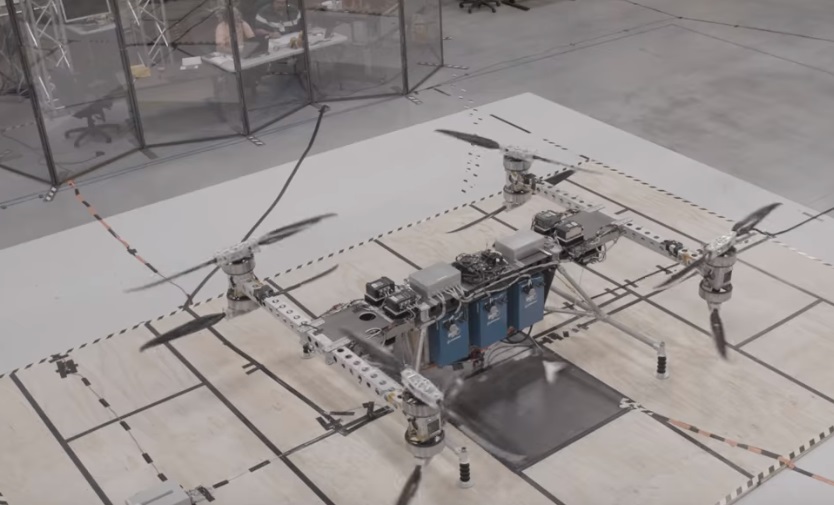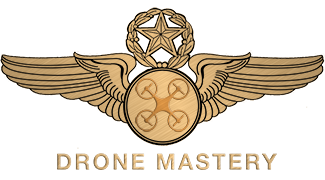Boeing Unveils New Unmanned Cargo Air Vehicle Prototype
Boeing sent a press release yesterday, announcing their latest prototype aircraft, an unmanned cargo air vehicle (CAV or cargo drone) capable of lifting up to 500 pounds. With that kind of MTOW, Part 107 pilots will not be able to operate it unless they also have airplane pilot’s licenses and associated FAA authorizations. The prototype will be used to test Boeing’s autonomy technology for future aerospace vehicles utlized in cargo and logistics applications.
“This flying cargo air vehicle represents another major step in our Boeing eVTOL strategy,” said Boeing Chief Technology Officer Greg Hyslop. “We have an opportunity to really change air travel and transport, and we’ll look back on this day as a major step in that journey.”
Boeing’s team of engineers and technicians took “less than three months” to design and build the CAV prototype, successfully completing initial flight tests at Boeing Research & Technology’s Collaborative Autonomous Systems Laboratory in Missouri. Boeing plans to use the CAV prototype as a flying test bed for maturing the building blocks of its autonomous technology for future applications. Boeing HorizonX and its partners in Boeing Research & Technology developed the CAV prototype. The prototype complements the eVTOL passenger air vehicle prototype aircraft in development by Aurora Flight Sciences, which Boeing acquired last year.

Here are some technical aspects of the CAV prototype:
Powerplants: 8 counter rotating blades with “environmentally friendly” electric propulsion
Length: 15 ft. (4.57m)
Width: 18 ft. (5.49m)
Height: 4 ft. (1.22m)
EOW: 747 lbs. (339kg)
Max Payload: 500 lbs. (227kg)
Boeing is proud of their new CAV, debutting it at CES 2018. Passer-bys can expect to see this new cargo drone in operation likely later this year. Are passenger drones much far behind? Would you fly one a passenger drone you are not in control of?




No Comments